
The UP System is set to shift to blended learning for the first semester of the academic year 2022-2023, through the issuance of Memorandum 2022-88 by the Office of the Vice President for Academic Affairs (OVPAA).
The OVPAA notes the planned shift will “improve the quality of teaching and learning.”
Planning guides
The memo presented three varying models of blended learning each department may use as a guide, considering the program’s expected outcomes, feasibility, and need for facilities.
Blended online learning involves a fully online mode; whereas blended block learning would involve an independent online mode with “intensive” face-to-face sessions.
Lastly, the classic blended mode, or the flipped classroom approach, would entail a rotation between online and face-to-face sessions.
What sets the second and third models apart would be the scheduling of F2F sessions for each course. The block learning mode would allow F2F sessions to be scheduled at a fixed period of time within the semester, to be followed and/or preceded by online sessions. On the other hand, a classic blended mode necessitates shifts between online and on-site sessions and is the most ideal only when there are fewer restrictions in place.
Generally, physical classes are to be permitted in alignment with the course’s needs and expected learning outcomes. Likewise, F2F sessions are deemed essential if campus facilities, equipment, and supervised practice are needed.
Varying sentiments have floated online following the release of the OVPAA’s memo. According to some students, the proposed models pose several challenges for students who reside in their provinces. They cite possible scenarios which may require them to attend on-site classes for only one course, highlighting financial and logistic repercussions.
Students’ mixed feelings
While the development is welcomed by the studentry, CSSP SC chairperson Vayne del Rosario noted that this causes some difficulties for CSSP majors.
Bearing the brunt of more than two years into the online set-up, several students have experienced setbacks in relation to their academic performance and health status. As such, the online setup has been proven to deprive both students and instructors of effective learning processes and real-life applications of social science disciplines and their respective theories.
Sociology major Gel Castillo echoed these points, highlighting that the online set-up has “done nothing to cultivate genuine learning” due to the loss of boundaries between domestic and working spaces. This was also expressed by a third-year sociology major*, noting the “overlap” between academic tasks and responsibilities at home.
“Personally, 2nd year lang ako nakapag-adjust pero kasi dahil naforce na lang din ako noon kasi burned out [na] noong 1st year, 2nd sem,” she recalled.
Castillo also lamented the fact that academic tasks need to be prioritized amid the political situation and having to deal with personal matters. She underscored the lack of space and time to grieve for loved ones, especially with tasks “compressed without room to lighten the workload.”
“Akala ko masasanay din ako pero, sa paglipas ng bawat semestre ay palala lamang nang palala ang aking disposisyon mental at pisikal,” Castillo stated.
Meanwhile, AM*, a political science major, recalled imminent difficulties amid the online set-up given that she resides in her province. She defined the experience as “challenging,” citing struggles in relation to academic work and maintaining personal relations.
Glaringly, more than 2 years under the online set-up has subjected students to inevitable burn-out and an emotionally and mentally taxing learning space.
AM viewed the developments in a positive light. She stated, “after 2 years, masaya na mayroon na ulit na pagkakataon na magkaroon ng face to face na klase kasi ‘yun naman talaga ‘yung hinihintay ng halos lahat.” Castillo, however, expressed insecurity and confusion towards the said memo, citing vagueness in details.
Nonetheless, varying suggestions remain afloat through other students’ grievances. For instance, the third-year sociology major stated that consequent guidelines be released earlier and be clearly disseminated, especially for those residing in their provinces to provide ample time for transition and the students’ adjustment period.
“Sana ‘yung options na binigay nila, sana mapatupad nila nang maayos kasi hindi talaga lahat kakayanin na magshift agad sa F2F. Sana hindi mapilitan ‘yung students na magtake ng classes out of necessity dahil lang hindi sila makapag F2F,” AM echoed.
Del Rosario affirmed this, citing that the gradual shift to a blended mode of learning incurs disparate cost propositions given that several students currently do not reside in the Metro.
“Dagdag pa rito, ang per-course na pagpili ng delivery mode ay maaaring magpose rin ng ilang logistical problems para sa ating mga kamag-aral,” she added.
AM asserted the need for the CSSP administration to quickly release specific guidelines for the students to prepare ahead. This includes concerns on where they would reside in cases where a course may require a F2F component, adding that flexibility must be a priority in offering options for students.
The third-year sociology major proposed proper dorm guidelines and clearer schedules or an alternative for students to opt for a fully online mode. AM particularly sought that alternative offers be provided, similar to what the third-year sociology major raised. AM cited the logistical difficulties this may pose on students, and the added financial burdens this may cause, especially with soaring prices following an all-time high inflation rate — a common point raised by Castillo as well.
The latest figure is at 6.1%, projected to increase in the following months. Despite the incoming rollback on oil prices, jeepney drivers, farmers, fisherfolk, and other sectors’ resources continue to be depleted.
Related: https://bit.ly/3AAc4B3
AM asserted, “hindi naman din lahat kakayanin ‘yung gastos sa face to face.”
CSSP admin’s plans
Asked about the current and succeeding plans of the CSSP administration, Del Rosario stated that departments are at the forefront of particularizing each course’s primary needs and identifying the necessity for on-site classes. As of the latest updates, she highlighted that each department now has varying courses of action with some having already submitted their F2F components, while others have resorted to yet another round of fully online sessions.
Related: https://bit.ly/3bYr7Kx
“Bilang tugon ng konseho, patuloy ang pakikipag-ugnayan namin sa iba’t ibang departamento ng CSSP sa tulong ng mga department representatives at core groups,” she stated.
Sensing forms and dialogues will be spearheaded by the CSSP SC to better gauge the students’ conditions and grievances. A consequent Open the Schools position paper, at the department and college level, will be crafted and released by the council. This will be presented to the respective department admins during assemblies.
The CSSP SC 2021-2022 also previously laid out an LNBE position paper, laying out college-level, university-wide, and nationwide demands and calls hailed from the students’ concerns and suggestions. Among them include the call for transparency in planning and genuine student representation and involvement.
Furthermore, a college-wide dialogue with the CSSP admin will be conducted to collectively address department-level concerns and formulate measures in consideration of the CSSP majors’ needs and situation.
Student organizations and formations continue to clamor for a genuinely safe and inclusive return to campuses. Through Del Rosario, the CSSP SC reassured their commitment to exhausting necessary efforts to ensure better student involvement in the planning process, hence crafting pro-student guidelines in the upcoming shift to the blended mode of learning.
“Marapat na ang ating pagbabalik-eskwela ay maging ligtas at aksesible para sa lahat.”
Challenges for the UP admin
Although the development was initially met with positive feedback, the students’ diverse conditions and needs are still yet to be further assessed and resolved.
“Survival for all three blended learning models still seems heavily reliant on one’s resources and from an institution that claims to be a center of excellence in service of others, we want to hear more concrete plans,” Castillo asserted.
With this, Del Rosario stated that the UP administration must be able to expand possible and more viable F2F options. She reaffirmed resounding proposals on offering a fully online mode for students, especially for those who may struggle to travel to QC or the Metro just to attend on-site classes.
Del Rosario also pointed out that basic social services must be ensured to aid students’ needs for transport, residence, health, and safety protocol requirements.
In cases where campus restrictions are less stringent, a classic blending mode is stated to be the most ideal. Following suit, the students’ needs in dormitory assistance and fulfilling said health requirements are deemed urgent to address.
Moving forward, Del Rosario underscored the consistent necessity for continuous dialogue and consultations between the university admin and the studentry for a more “adaptive approach.” She further asserted that transparency in planning must be upheld through student representatives for clear information dissemination.
She concluded, “siguruhin sana natin na maging katuwang at hindi salungat sa mas mahusay at aksesibleng edukasyon ang ating mga hakbang pasulong.”
The planning process at the department level was set from June 20–July 8. Meanwhile, a separate memorandum is yet to be released in relation to the respective opening of the campuses.
Alongside the recent developments, organizations and formations raise resounding calls for a more inclusive and consultative planning process, particularly in crafting pro-student policies. They reiterate the urgent need to heed all students’ grievances, assess their conditions, and move forward in consideration of their demands for a genuinely safe return to UP.�
Featured image courtesy of ABS-CBN News

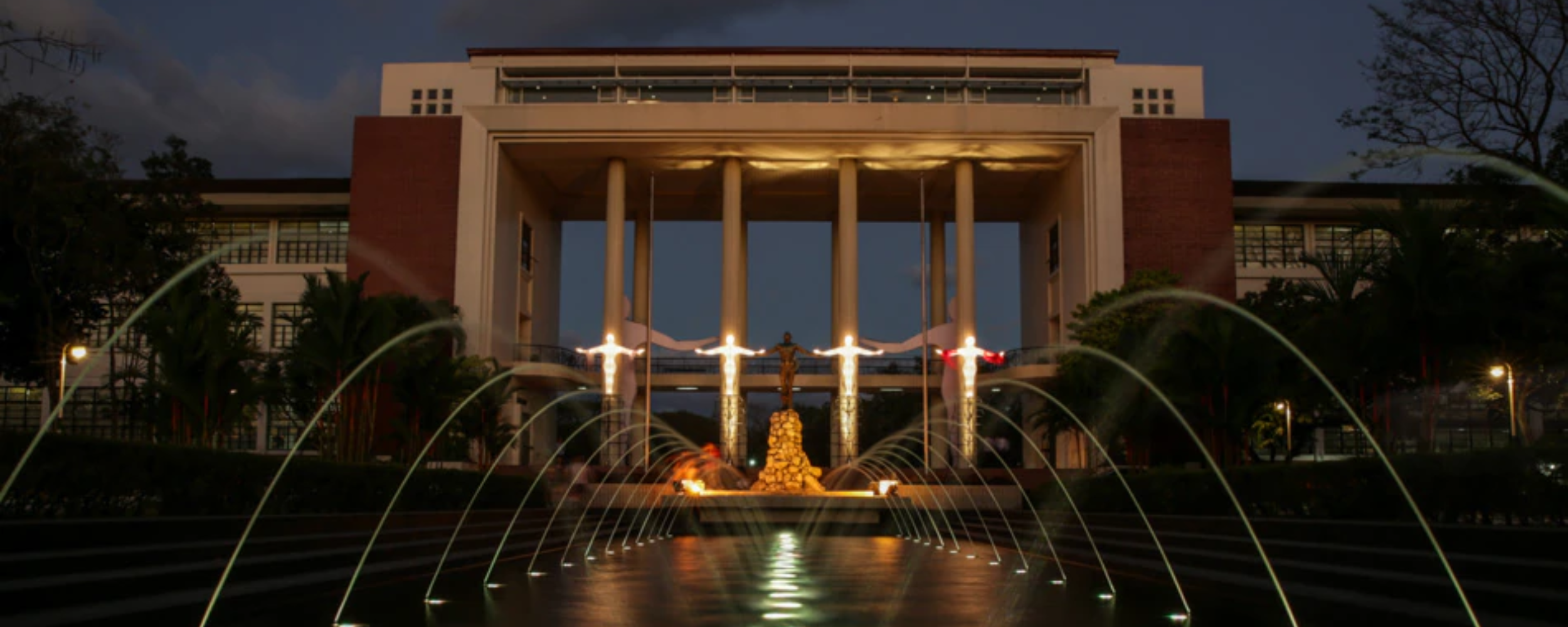


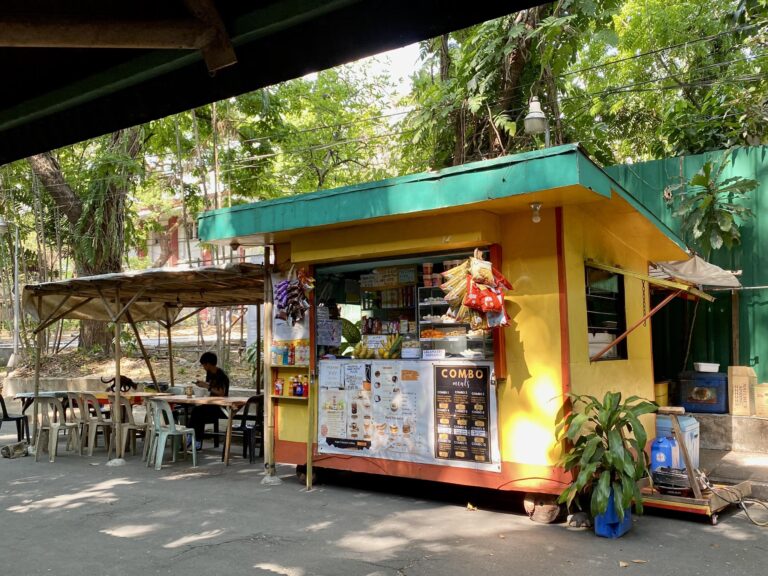
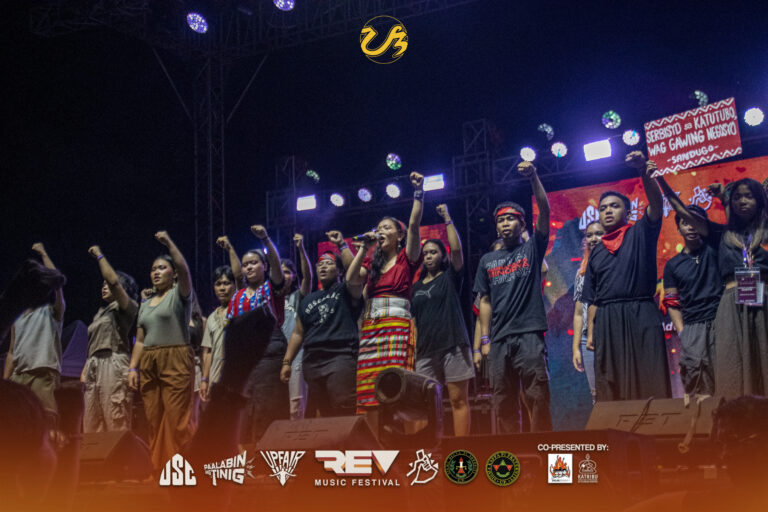
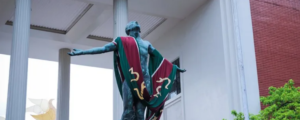
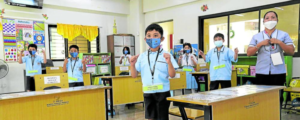
I enjoyed reading your piece and it provided me with a lot of value. http://www.hairstylesvip.com